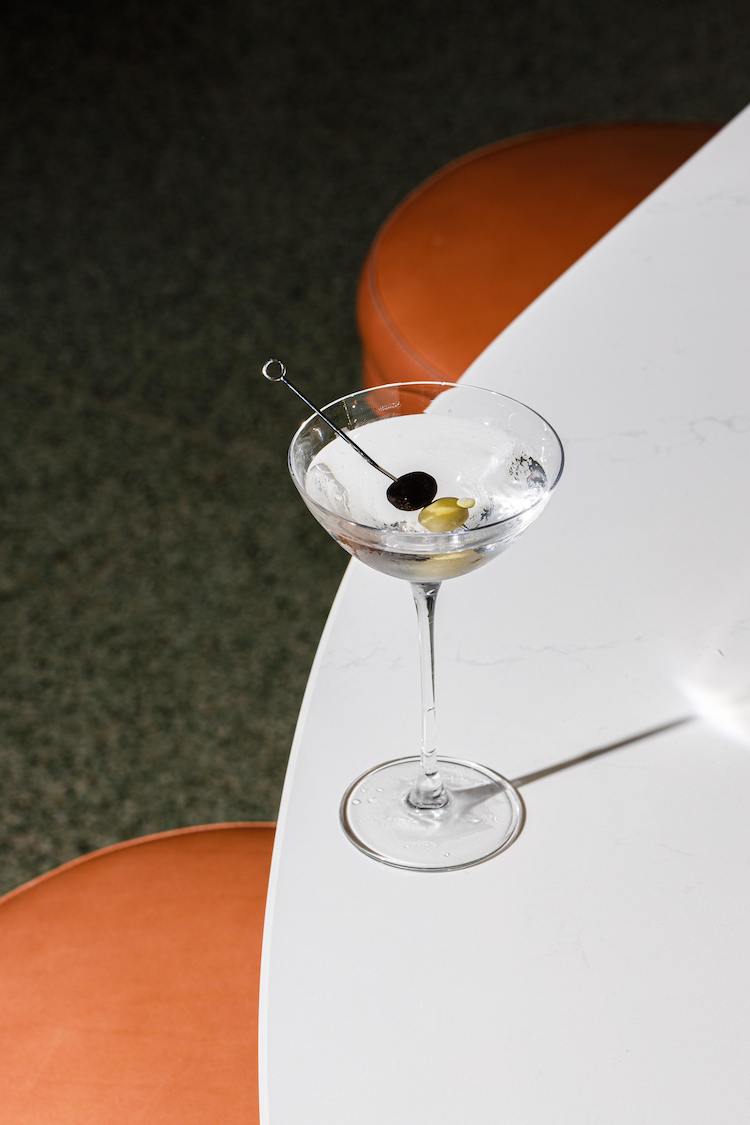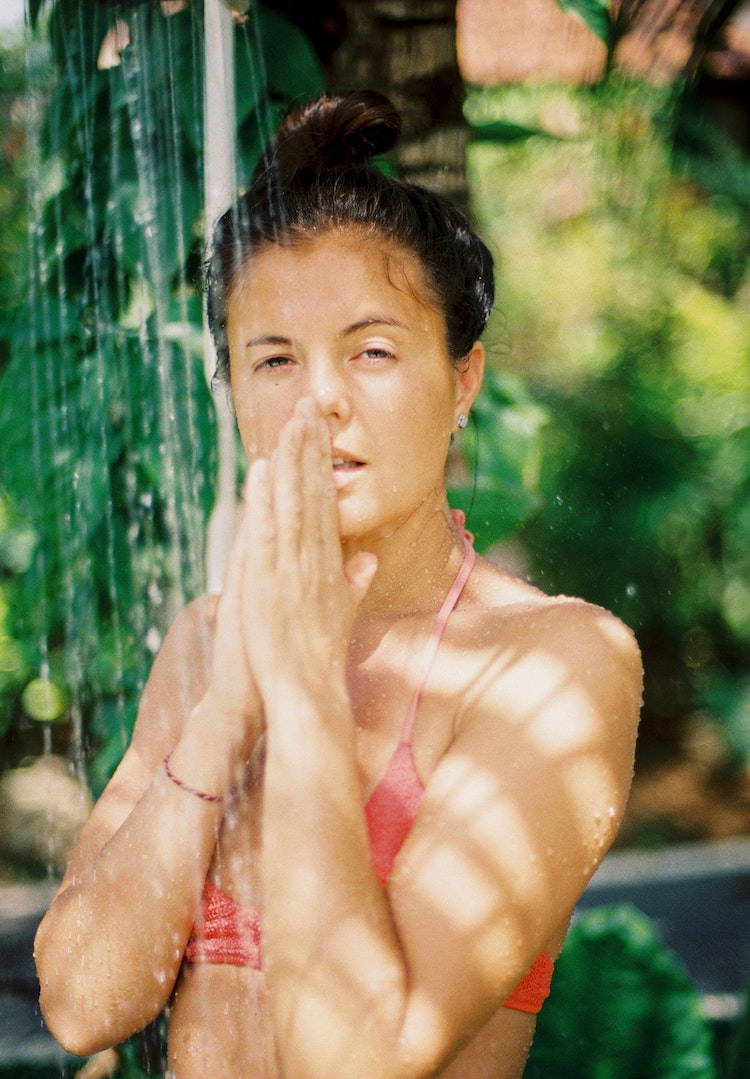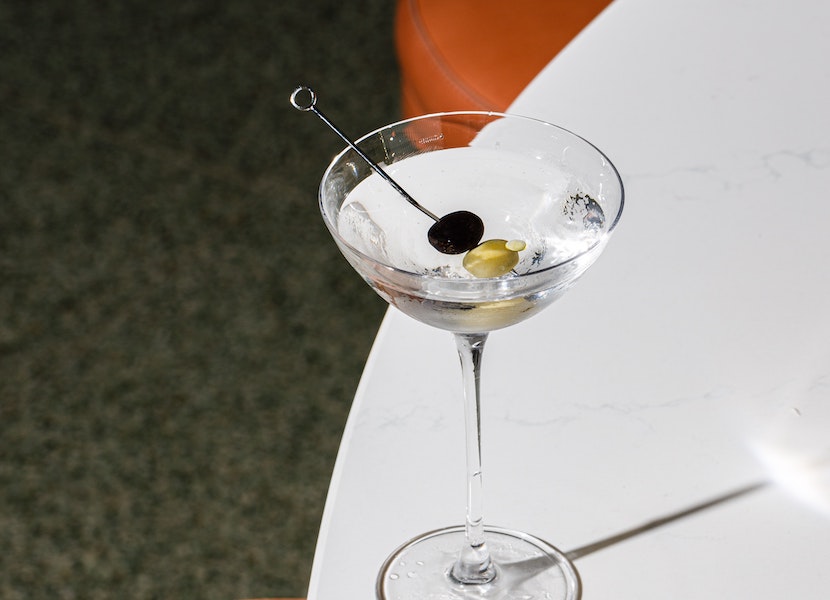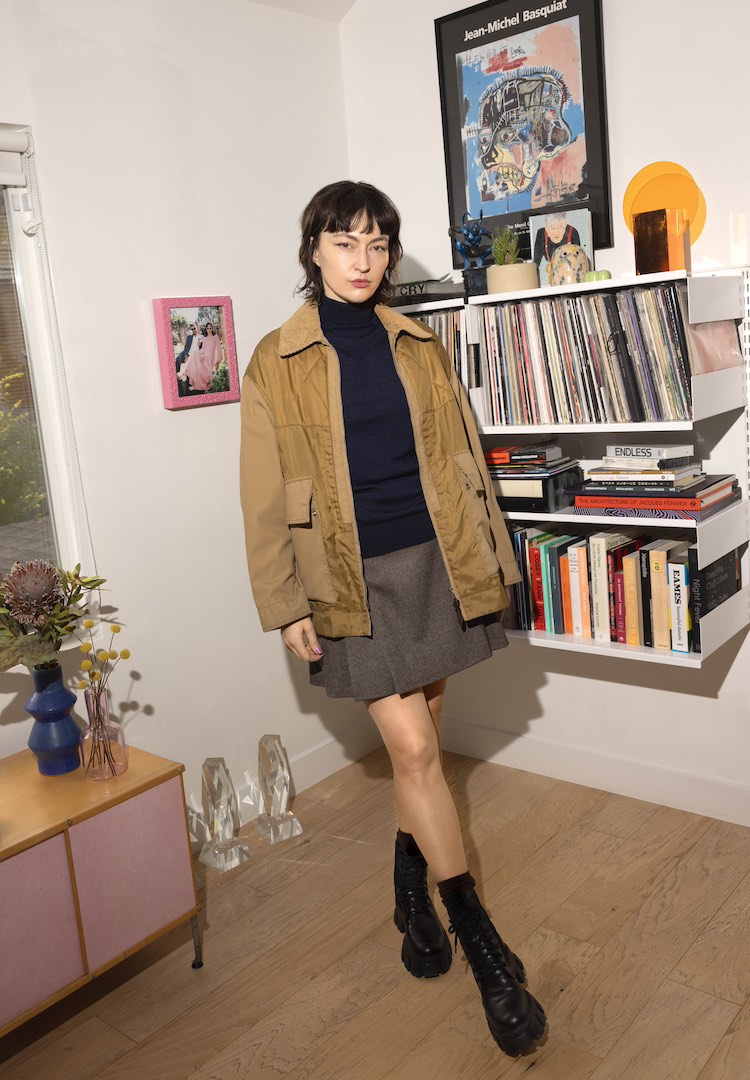“Journalists or wedding planners”: How early 2000s romcoms influenced my career
WORDS BY TIA HARMER
“We’ve made living in the past a personality, and we’ve nailed it. Is this slightly alarming?”
On my first day of law school, the dean showed us some student statistics. The number of female students now outnumbered the male students. This male-dominated archaic place had become a pink-filled power suit playground where Elle Woods reigned supreme.
For women now far into their twenties, it’s not uncommon to feel their career has been carefully crafted by the hands of the ’00s film industry – or more specifically, the loving predictable hands of the romcom genre.
Interested to hear how others navigate the world? Head to our Life section.
As I look back on my first 20 years of life, I can see exactly where I made informed choices – often moulded by the influence of any romantic comedy film released between the years 1990 and 2010.
The earliest evidence of the romcom genre dates back to the Depression era, when all people wanted was a little bit of hope and an acknowledgement that money cannot buy you love or happiness. With their upbeat soundtracks and failsafe relationships, today’s romcom still provides that basic function but with a swoon-worthy wardrobe in tow.
After deciphering my career choices and realising I’d based many decisions on Sex and The City and How to Lose a Guy in 10 Days, I was curious as to how this had come about. Why did the women in romcoms pioneer the popularity of specific careers? How had these tropes affected the female population at large?
My brain immediately wondered about the rise of the working woman in the ’80s and the gendered roles we were assigned in the ’90s. It was as though the ’80s corporate women had only been provided entry into certain fields, meaning areas men felt women could cope in. This would explain why the majority of female characters in romcoms are journalists or wedding planners, and only a small few feature as lawyers or doctors.
I’m not about to veer down a career track I’m not interested in just to prove, as a woman, I could be a stockbroker or an archeologist – two careers consistently pitched to men by the film industry. Some of my favourite memories include quite literally running to work, trotting across the tram tracks in Melbourne’s busy CBD and wearing a work outfit I felt Miranda Priestly would approve of (play ‘Suddenly I See’ by KT Tunstall for extra oomph). I wouldn’t trade that feeling just because someone told me I’d become a movie character designed by male writers.
While I don’t doubt there is a clear science behind creating a romcom: casting the perfect couple, curating the perfect wardrobe, capitalising on the rise of the shopaholic etc., nobody could have predicted the effect it would have on millennial and Gen Z babies.
We’re addicted to the likes of Kate Moss and Britney Spears, to frosted lips and micro-miniskirts. We’ve made living in the past a personality, and we’ve nailed it. Is this slightly alarming? Maybe. But it doesn’t really come as a shock when you consider the historic hand we were dealt – the climate crisis, the Great Recession and more recently, COVID-19. When you’re handed a full house of disasters, why wouldn’t you want to live in the make-believe New York of the ’90s?
Despite all its flaws, the romcom archetype has lived a full life. It taught us we could be whichever woman we wanted to be. Being girly didn’t mean you were less serious about your career or your image. If your self-confidence made men uncomfortable, you knew it wasn’t your fault but an error in their ideals. You could chase a career instead of a man. Or not. Your choice.
20 years on and here I am, half journalist and half lawyer (almost), living the dream. It isn’t always as pretty and organised as it looks in the movies, because nothing ever is. It’s more political and much more aggressive – no ‘00s romcom could’ve ever predicted the influence social media would have on our lives. On the bright side, women are now welcome in more workplaces than ever before, but we still have a long way to go (I’m looking at you, commerce).
Not all of my friends have walked down the romcom path and those who haven’t have thrived as much as those who have. Perhaps in the end, the predictable nature of romcoms provides a sense of comfort. They act as a road map filled with stops for cocktails and late nights in libraries. I know if I can at least have a colourful wardrobe, a good group of girlfriends and a tiny dog, life might be okay.
Need some career motivation? Head here.













